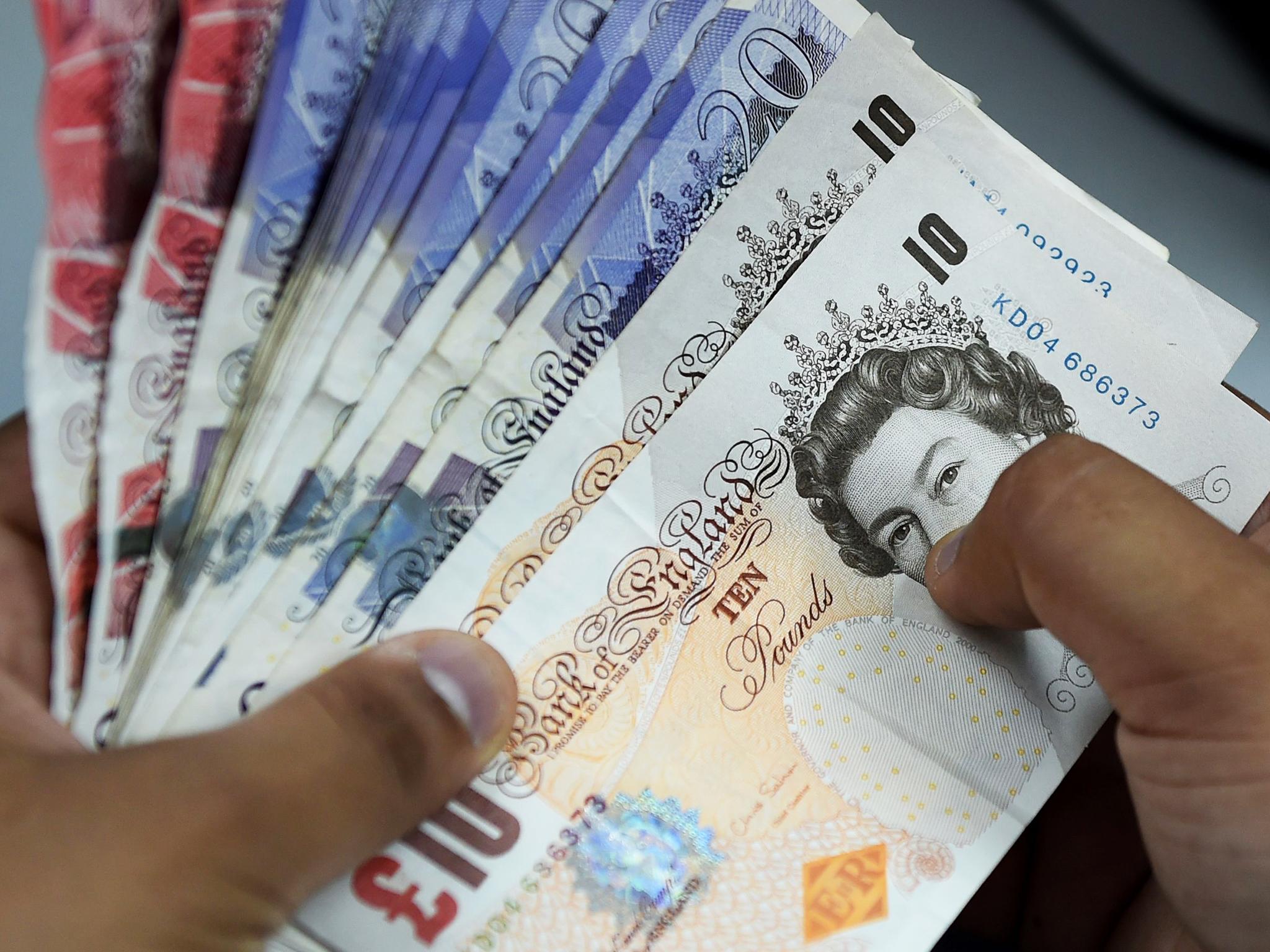Sterling jumped on Wednesday, rebounding off a two-week low, after a Bloomberg report that the United Kingdom and Germany were prepared to drop a key sticking point on Brexit negotiations fuelled hopes of a breakthrough in talks.
Investors rushed to buy the currency after the report, lifting it nearly one percent to a three-day high of $1.2983.
From trough to peak, sterling has rallied more than 1.2 percent on an intraday basis as the latest headlines prompted investors to cut short bets.
Against the euro EURGBP=D3, the British currency rallied half a percent to 89.65 pence. The currency had been struggling earlier around $1.2787.
“Sterling had a jump on stories suggesting there is a shift in the German government on Brexit demands, making it more likely that there could be an agreement,” said Jeremy Stretch, head of G10 FX Strategy at CIBC Capital Markets.
“That’s taken some of the risk premium out of sterling.”
Bloomberg quoted people familiar with the matter as saying that Germany would be ready to accept a less detailed agreement on the U.K.’s future economic and trade ties with the EU in a bid to get a Brexit deal done.
The UK was also willing to settle for a vaguer statement of intent on the future relationship, postponing some decisions until after Brexit day, according to an official quoted in the report
Jordan Rochester, an economist at Nomura, said the latest media reports would reduce market concerns of a hard Brexit for now and encourage hopes of a transition period which should be positive for sterling in the near term.
DOLLAR DRIVER
The pound has weakened since hitting a near one-month high of $1.3043 at the end of August on weak economic data, doubts over Prime Minister Theresa May’s leadership and opposition from the European Union to Britain’s proposals for exiting the bloc.
That had raised fears the country would crash out of the EU without a trade deal in place, which many economists warn would be disastrous for an already struggling economy.
A survey this week had showed weaker than expected growth in Britain’s construction sector in August.
All that had prompted investors to build up short positions against the British currency to more than one-year highs.
“It seems the latest news is lifting another obstacle for sterling but we need to see concrete progress before sterling reaches towards the 2018 highs,” said Viraj Patel, a currency strategist at ING in London.
British government bond yields also rose, with 10-year yields up 4.1 basis points at 1.47 percent GB10YT=RR.
But market watchers warned against reading too much into the latest reports as a widening selloff in emerging markets due to a resurgent dollar on escalating trade war fears should check gains.
As fears grew that the United States may be preparing to go ahead with imposing a 25 percent tariff on $200 billion of Chinese goods when a public consultation period ends on Thursday, the dollar advanced against its major rivals and emerging market currencies.
The dollar’s more than 6 percent rise against its rivals over the past six months has hit emerging market currencies hard. An index of emerging market currencies. MIEM00000CUS is trading at more than one-year lows and has fallen nine percent since end-March.













